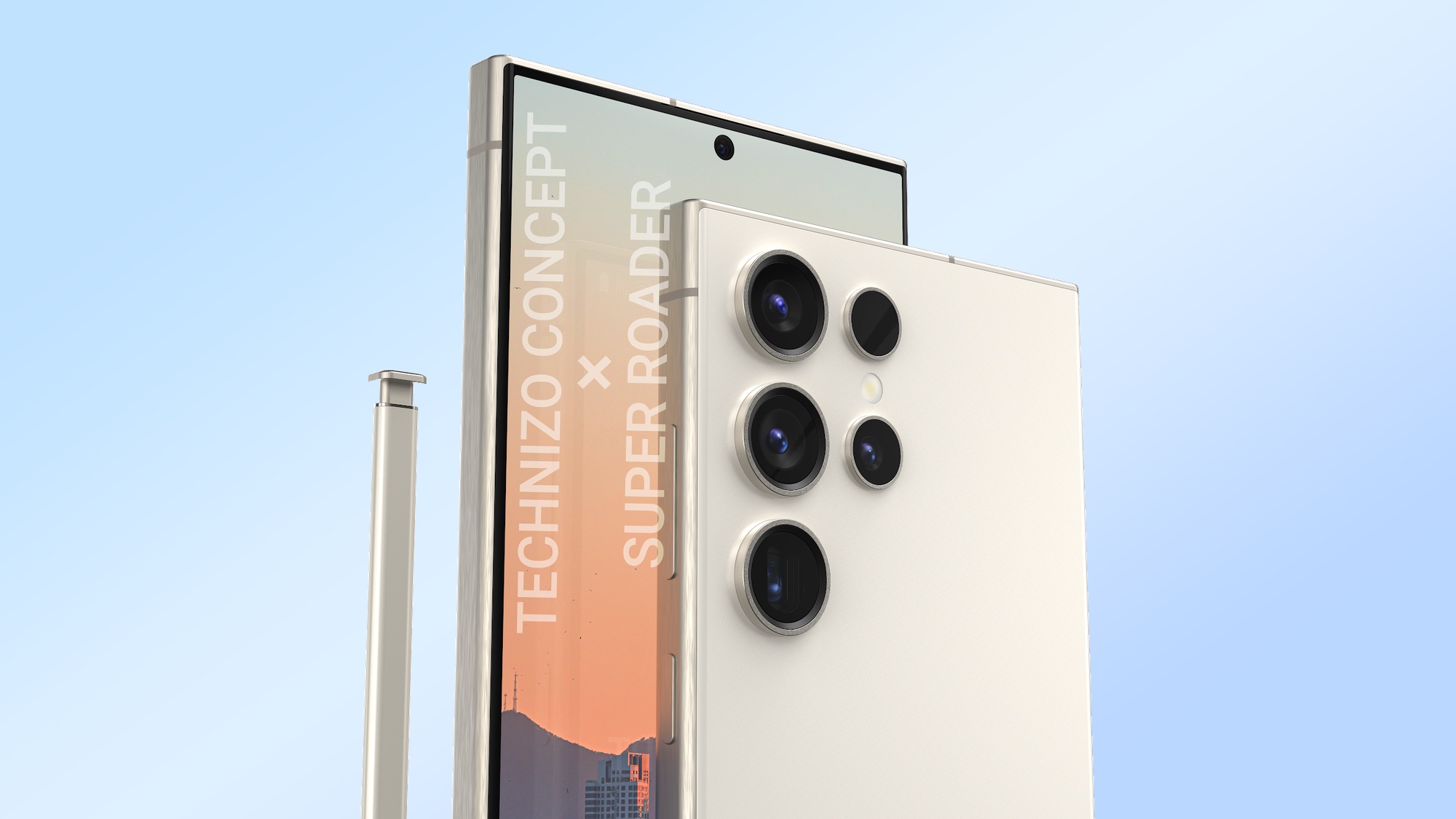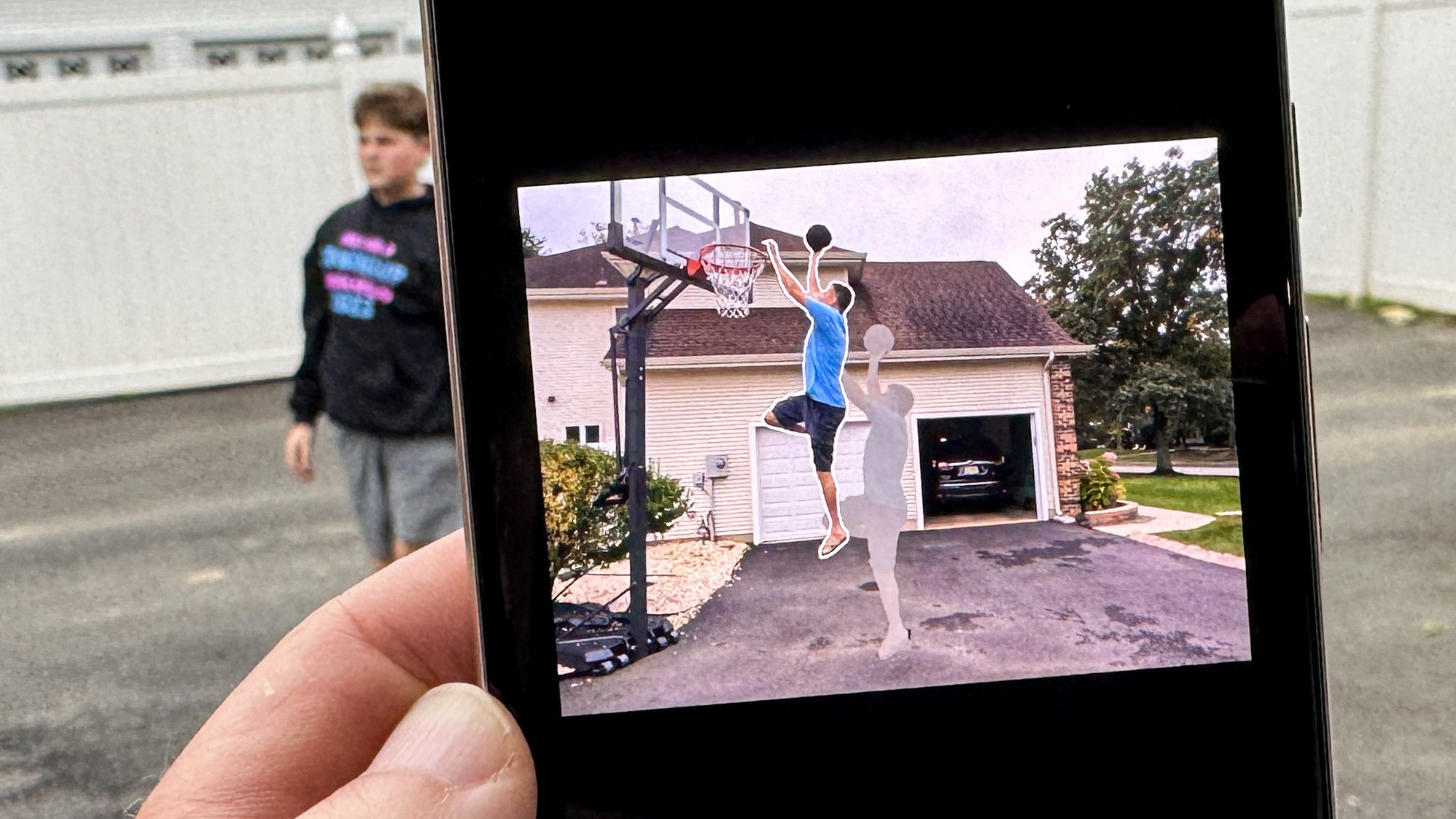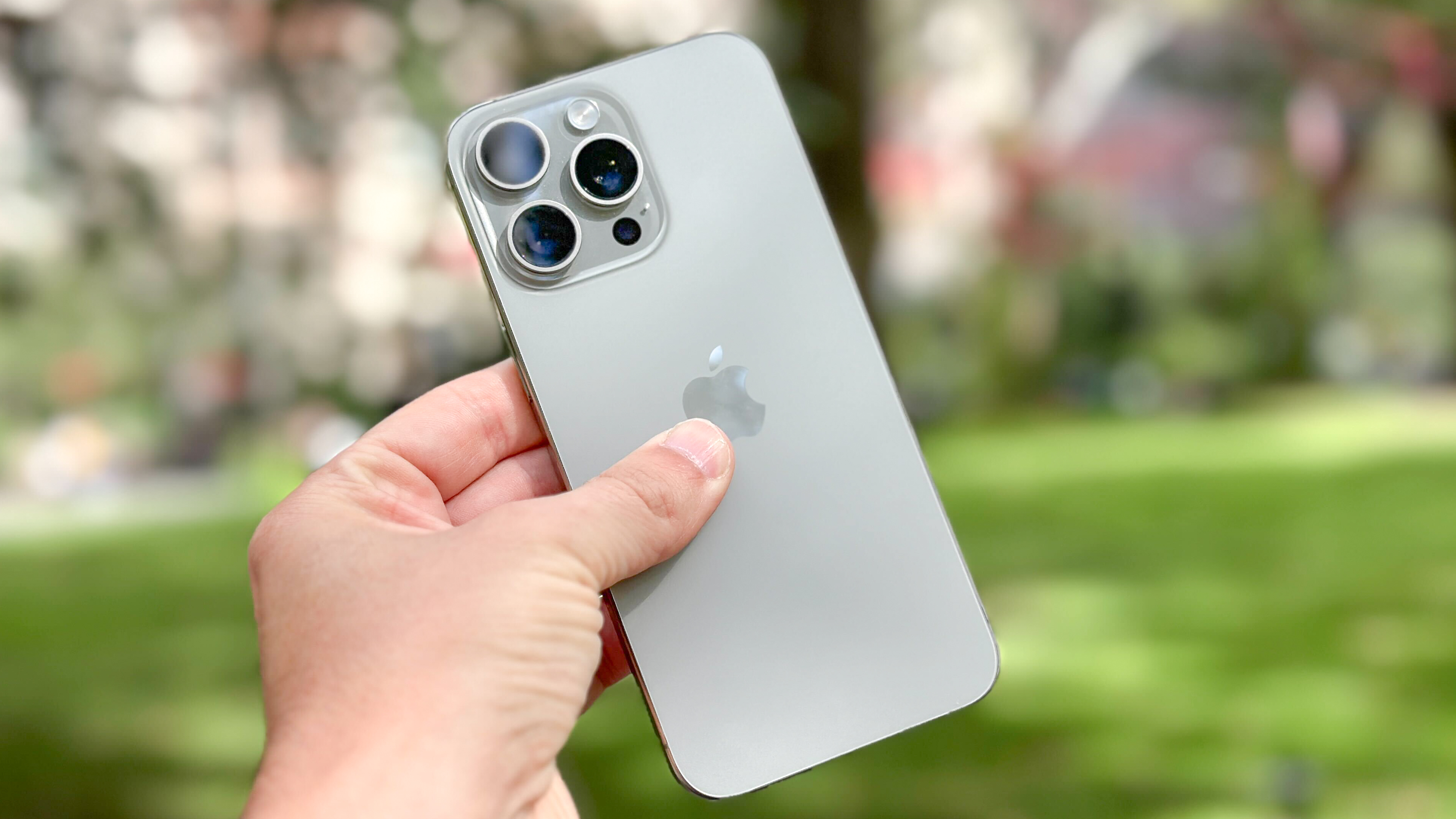
The battleground for best phone is moving away from displays. And specs. And even cameras. The new frontier is AI, and if you need proof look no further than the announcement Samsung recently made.
In a Samsung blog post the company says that the a new era of Galaxy AI is coming. And while the company doesn’t mention the Galaxy S24 and Galaxy S24 Ultra by name, you know this is going to be Samsung’s secret weapon against the iPhone when its new flagships arrive in early 2024.
The post says that Galaxy phones will have both on-device and cloud-based AI on board, as Samsung collaborates with industry leaders in AI. Samsung doesn’t say who those are, but it’s likely OpenAI or Google.
Samsung is also teasing a new AI Translate Call feature that will allow you to call someone who speaks another language — you'll get audio and text translations in real-time as you speak.
But other generative AI features are on the way as well. Samsung Gauss, the generative AI model developed by Samsung Research, will be able to enhance "work efficiency by facilitating tasks such as composing emails, summarizing documents and translating content.”
In addition, Samsung says that Samsung Gauss Image is a generative image model that can easily generate and edit creative images. This includes style changes and additions, as well as converting low-resolution images to high resolution.
Samsung's Galaxy AI aims to simplify things by preloading the necessary technical frameworks on your Galaxy phone, and making genAI benefits real to consumers by talking about specific use cases.
Avi Greengart, Techsponential
Last but not least, Samsung has teased video features coming to 200MP cameras powered by the AI smarts built into the Qualcomm Snapdragon 8 Gen 3, which will presumably power the Galaxy S24 Ultra. AI tracking will allow you to keep tabs on a subject in a video at all times, while simultaneously filming both cropped and full-angle shots. Samsung also promises “end-to-end AI Remosaic image capture,” which should offer “richer details and colors.”
"The problem with a lot of the silicon and device AI announcements so far is that they are incredibly technical - this many billions of parameters, a list of gobbledygook LLM names that are supported, time to first token -- all this is meaningless to the average smartphone buyer," said Avi Greengart, founder of Techsponential.
"Samsung's Galaxy AI aims to simplify that by preloading the necessary technical frameworks on your Galaxy phone, and making genAI benefits real to consumers by talking about specific use cases," Greengart continued.
Google got to AI first

Of course, Google is shrugging somewhere reading all this, as it already has gone all-in on AI with the Google Pixel 8 and Pixel 8 Pro. In fact, both phones have been a big leap for AI.
Google already had AI features on its devices, such as Magic Eraser, but the Pixel 8 releases added new options to the mix, including Best Take and Magic Editor. Best Take lets you manipulate images in all sorts of ways, including moving the subject around and making them bigger or smaller, or even changing the time of day to "magic hour" or just after sunset.
I was actually a bit freaked out that I could make a photo taken at midday look like it was at dusk, complete with a adding a sun that was not even the frame before.
Best Take is similarly impressive (and a bit less scary). When taking a group photo the Pixel 8 and Pixel 8 Pro are smart enough to combine multiple shots into one so that you get the best-looking faces. And you can even tap on a face and select a particular expression. The end result looks Photoshopped, but it's believable enough to post on social media.
The Pixel 8 series can even edit background noise out of your video footage with Audio Magic Eraser, which worked fairly well during my testing.
To show you what Audio Magic Eraser's capable of, here's a video before editing.
And here's what it sounded like after adjusting the Wind and Noise settings.
The voiceover on this mail train ride is quite a bit clearer, although the edit is a little rough in spots.
Google's new Pixel phones can also perform other generative AI tasks, such as summarizing web pages for you via Google Assistant.
It's Apple's move with iOS 18 and iPhone 16

Apple is never one to rush into a new space, but since the likes of ChatGPT have been generating buzz for over a year, the company is feeling the pressure.
"AI is a way that smartphone vendors can differentiate from each other and from Apple," said Greengart. "Apple is not explicitly talking about generative AI yet; Apple is doing its usual Apple thing of not pre-announcing capabilities."
CEO Tim Cook said during Apple's most recent earnings call that Apple will be deploying generative AI tools in the coming year but it will be doing so "responsibly."
There are already examples of AI and machine learning at work on the iPhone, such as personal voice cloning and live voicemail within iOS 17. And in iOS 17.2, the AirPods and CarPlay can explain the contents of images being sent through iMessage.
Apple is reportedly readying an AI-powered chatbot — possibly within Siri — that will launch later next year alongside iOS 18. And The Information has reported that Apple will leverage large language models to enable users to automate multi-step tasks with voice commands. For example, you could take a series of photos and turn them into a GIF.
A separate rumor points to Apple completely revamping Siri into the ultimate virtual assistant. But the iPhone 16 may get some exclusive AI features courtesy of iOS 18.
Bottom line
I'm excited that we'll no longer be obsessing (as much) over which phones take the best photos, which ones win on various benchmarks and who has the brightest displays. All of those factors — including battery life — are important, but in order for phones to move forward there needs to be something truly new to get shoppers excited about upgrading.
AI is that very thing.
I think there are reasons to be nervous about this future, especially as these free AI tools could be used to inflict harm or spread misinformation. But so long as smartphone makers put in the proper safeguards and think about how AI could be misused before they roll out new features, the next phase of the smartphone wars could be very compelling indeed.







